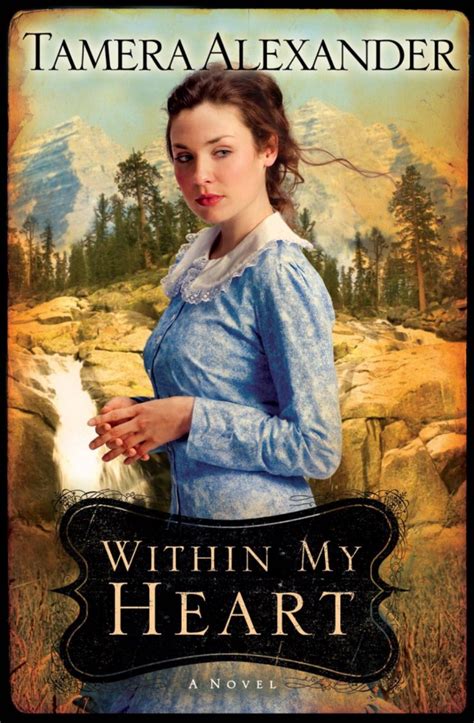A Quote by Stephen Sondheim
Related Quotes
Writing for the page is only one form of writing for the eye. Wherever solemn inscriptions are put up in public places, there is a sense that the site and the occasion demand a form of writing which goes beyond plain informative prose. Each word is so valued that the letters forming it are seen as objects of solemn beauty.
For me, my stories are spiritual journeys, and whenever I write, it's a form of worship. It's a form of my worship. Worship is not just Sunday morning as we all know. Worship is everything we do. Writing is most definitely a form of worship for me and, God as I'm writing, He takes me on these journeys.
Writing, for me, when I'm writing in the first-person, is like a form of acting. So as I'm writing, the character or self I'm writing about and my whole self - when I began the book - become entwined. It's soon hard to tell them apart. The voice I'm trying to explore directs my own perceptions and thoughts.









































